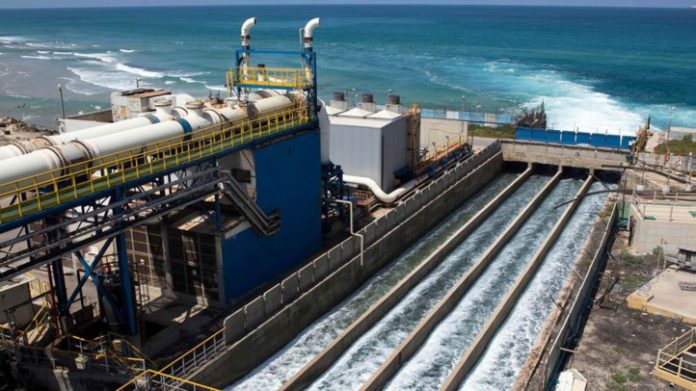Thanks to its cutting-edge seawater desalination plant, which runs entirely on renewable energy, Agadir is positioning itself as a pioneer in the global fight against water scarcity, a critical issue exacerbated by climate change.
Agadir, the capital of the Souss region, could hold the key to addressing the growing issue of water stress in a warming world. The decreasing costs of renewable energy have made desalination more affordable, offering Morocco a sustainable new source of potable water and irrigation. This is especially important as the demand for water continues to rise due to climate change.
The Agadir desalination plant, located in the province of Chtouka-Aït Baha, boasts an initial capacity of producing 275,000 cubic meters of water per day. Of this, 150,000 cubic meters are allocated for drinking water—enough to meet the daily needs of one million people—while the remainder is used for irrigation.
This eco-friendly desalination facility benefits from the abundance of wind and solar energy in the region, making it a model for sustainable water production. The total cost of the project is 4.41 billion MAD, with 2.35 billion dedicated to the irrigation component and 2.06 billion to potable water.
The plant is seen as an innovative solution to tackle Morocco’s growing water deficit, providing both environmental and economic benefits by using renewable energy to solve one of the region’s most pressing issues.
Morocco is not stopping in Agadir. A similar, larger desalination plant is under construction in Casablanca. As the country continues to increase its share of renewable energy, currently accounting for 20% of production, Morocco aims to generate 50% of its electricity from renewable sources by 2030.
